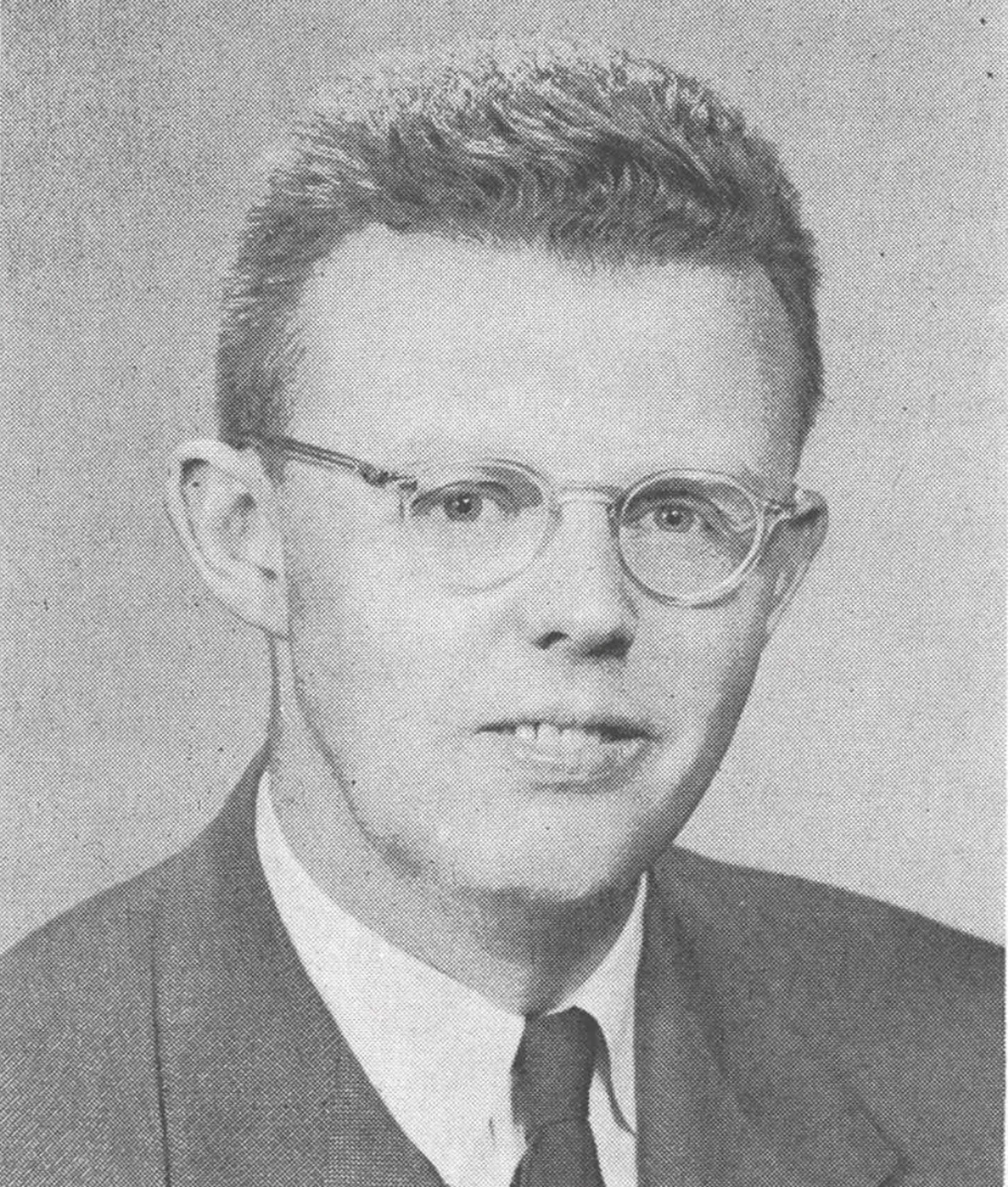 1.
1. Roderick Milton Chisholm was an American philosopher known for his work on epistemology, metaphysics, free will, value theory, deontology, deontic logic and the philosophy of perception.

 1.
1. Roderick Milton Chisholm was an American philosopher known for his work on epistemology, metaphysics, free will, value theory, deontology, deontic logic and the philosophy of perception.
Roderick Chisholm was drafted into the United States Army in July 1942 and did basic training at Fort McClellan in Alabama.
Roderick Chisholm spent his academic career at Brown University and served as president of the Metaphysical Society of America in 1973.
Roderick Chisholm was editor of Philosophy and Phenomenological Research from 1980 until 1986.
Roderick Chisholm trained many distinguished philosophers, including Selmer Bringsjord, Fred Feldman, Keith Lehrer, James Francis Ross, Richard Taylor, and Dean Zimmerman.
Roderick Chisholm had a significant influence on many colleagues, including Jaegwon Kim and Ernest Sosa.
Roderick Chisholm's masterwork was Person and Object, its title deliberately contrasting with W V O Quine's Word and Object.
Roderick Chisholm defended the possibility of empirical knowledge by appeal to a priori epistemic principles whose consequences include that it is more reasonable to trust your senses and memory in most situations than to doubt them.
Roderick Chisholm defended a controversial theory of volition called "agent causation" much like that of Thomas Reid.
Roderick Chisholm argued that free will is incompatible with determinism, and believed that we do act freely; this combination of views is known as libertarianism.
Roderick Chisholm developed a highly original theory of first person thought according to which the things we believe are properties, and believing them is a matter of self-attributing them.
Roderick Chisholm read widely in the history of philosophy, and frequently referred to the work of Ancient, Medieval, Modern, and even Continental philosophers.
Roderick Chisholm translated some work by Brentano and by Husserl, and contributed to the post-1970 renaissance of mereology.
Roderick Chisholm argued for the primacy of the mental over linguistic intentionality, as suggested in the title of Person and Object that was deliberately contrasted with Quine's Word and Object.
Roderick Chisholm argues that we refer to things other than ourselves by indirectly attributing properties to them, and that we indirectly or relatively attribute properties to them by directly attributing properties to ourselves.
Stylistically, Roderick Chisholm was known for formulating definitions and subsequently revising them in the light of counterexamples.
Roderick Chisholm argues that these vulgar objects persist through time only in a philosophically loose sense.
Roderick Chisholm considers this theory with the famous philosophical puzzle of The Ship of Theseus.
Roderick Chisholm solves the puzzle by saying that, in the strict and philosophical sense, there is no persistence between the mereologically different objects.
Roderick Chisholm provides various arguments for why there is such a dividing line between the two and why persons are special.
Roderick Chisholm argues that these evidences, first person reporting and consciousness, are strong and should be innocent until proven guilty.
Roderick Chisholm offers thought experiments as evidence including the surgery example and the use of Leibniz's Law.
Roderick Chisholm's point is that our identity and persistence as person is not like the mere convention of the loose persistence of vulgar objects.